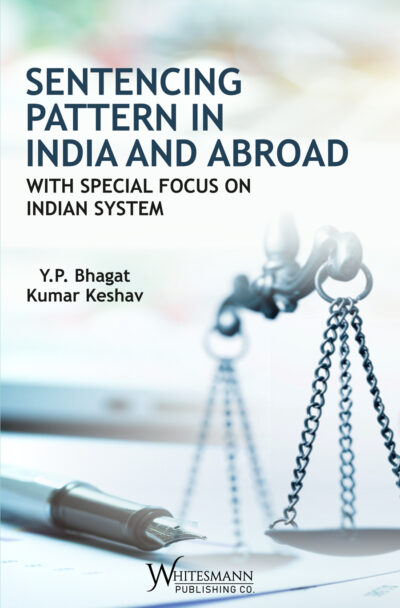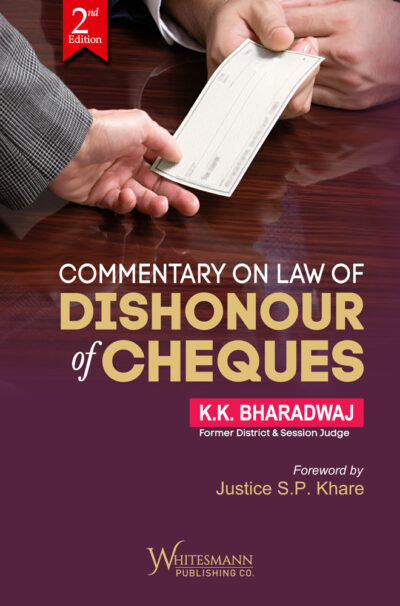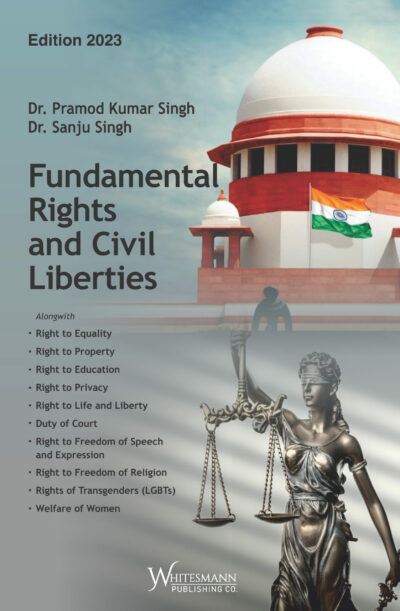Election Laws & Practice in India
Original price was: ₹3,295.₹2,635Current price is: ₹2,635.
Description
Here’s a comprehensive overview of Election Laws and Practice in India, covering constitutional provisions, statutes, election machinery, procedures, and key issues:
—
🗳️ Election Laws & Practice in India
India is the largest democracy in the world, and its election system is governed by a framework of constitutional provisions, statutes, and judicial interpretations to ensure free, fair, and periodic elections.
—
📜 1. Constitutional Provisions
Article Provision
Article 324 Establishes the Election Commission of India (ECI) for the conduct of elections.
Articles 325–329 Provide framework for electoral rolls, disqualification, and election disputes.
Article 326 Elections based on adult suffrage.
—
⚖️ 2. Key Statutes Governing Elections
a) Representation of the People Act, 1950
Deals with preparation of electoral rolls, qualifications of voters, delimitation of constituencies.
b) Representation of the People Act, 1951
Provides for:
Conduct of elections
Qualification/disqualification of candidates
Corrupt practices and electoral offences
Election disputes
c) Other Relevant Laws
Delimitation Act
Indian Penal Code (IPC) – covers offences like bribery, impersonation
Election Symbols (Reservation and Allotment) Order, 1968
—
🏛️ 3. Election Commission of India (ECI)
Established under Article 324 as an autonomous constitutional body.
Responsible for:
Conduct of Lok Sabha, Rajya Sabha, and State Assembly elections
Supervision and direction of electoral process
Model Code of Conduct enforcement
Monitoring election expenditure
—
📋 4. Election Process in India
a) Types of Elections
**Parliamentary (Lok Sabha,
Additional information
| Binding | Hardbound |
|---|---|
| Language | English |
| Publisher | Whitesmann Publishing |
You must be logged in to post a review.










Reviews
There are no reviews yet.